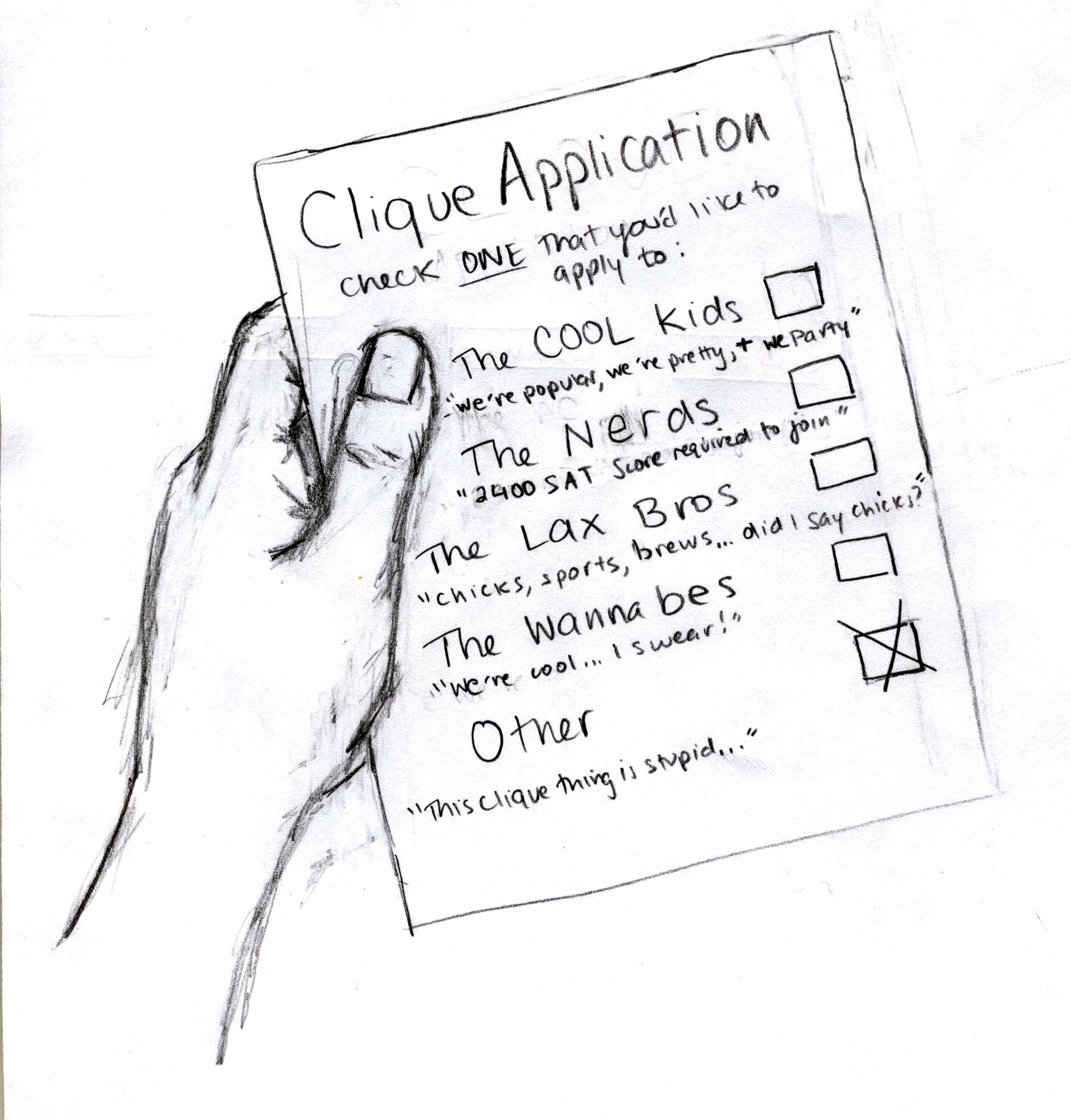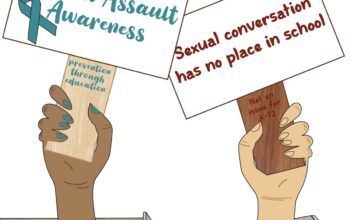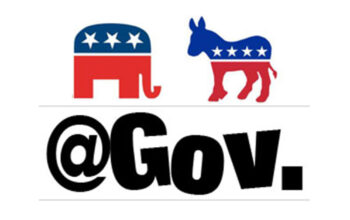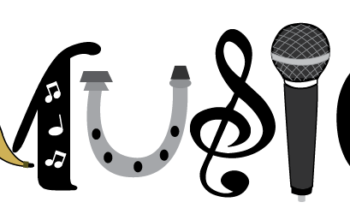Taylor du Pont
Multimedia Editor
When I look around the lounge during the lunch periods, the four grades are plainly divided. The seniors and juniors sit close to the buses, the sophomores sit smack in the center, and the freshman sit next to the courtyard. This deep division within our student body has become a tradition; incoming freshman always take their place, and gain better seating as they climb the NCHS hierarchy.
Just like any other high school, NCHS is not only divided by grades but also by social groups. Recently, some students have been taking the typical high school clique to a whole new level by naming and further defining the exclusivity of their group. They tend to caption photos with their name and some go so far as to throw up “clique signs.”
These self-proclaimed names further emphasize specific groups, which creates more stratified social boundaries within our already divided high school community. As a consequence, many students who are not considered members of these cliques may feel ostracized. Futhermore, not only do these prominent groups affect the social lives of students outside of their cliques, but they also inhibit the social habits of the members themselves.
This summer, as I prepared to go back to school, I was excited to watch my grade come together during my senior year. This excitement was partially ignited by the memory of the class of 2012 growing closer together as their last year progressed. Though I am not naive enough to believe that everyone was friends or even friendly, I had high hopes for new bonds to be made during my senior year.
But when I came back to school I realized that our grade was regressing. I began to realize that for some students, groups are a lifeline. Those who do not have the strength of mind or confidence cannot stand alone, and thus succumb to the comforting mentality of cliques. Members of cliques do not have to show the student population who they really are, because they can conform to the ideas of the group as a whole, reassuring themselves that reputation is enough. In short, the personality of the clique becomes a cover for those whose insecurities prevent them from enjoying more independent and enriching social experiences.
I completely understand the need to feel wanted and fit in within this crazy high school stage, but when students latch on to a clique and go so far as to name themselves, their individuality is shattered. By extension, these coagulations of peers appear to outsiders as a single personality, regardless of whether or not said personality is indicative of the individual members.
I know that social groups will never completely disappear. They are, in many ways, an inevitable consequence of housing hundreds of ever-evolving young people under one roof for extended periods of time. But if we could simply rid ourselves of self-titled cliques, we would be one step closer to a more unified and egalitarian social scene. Not only would this cultivate a better academic environment, but also a student body capable of greater creativity and individuality.




